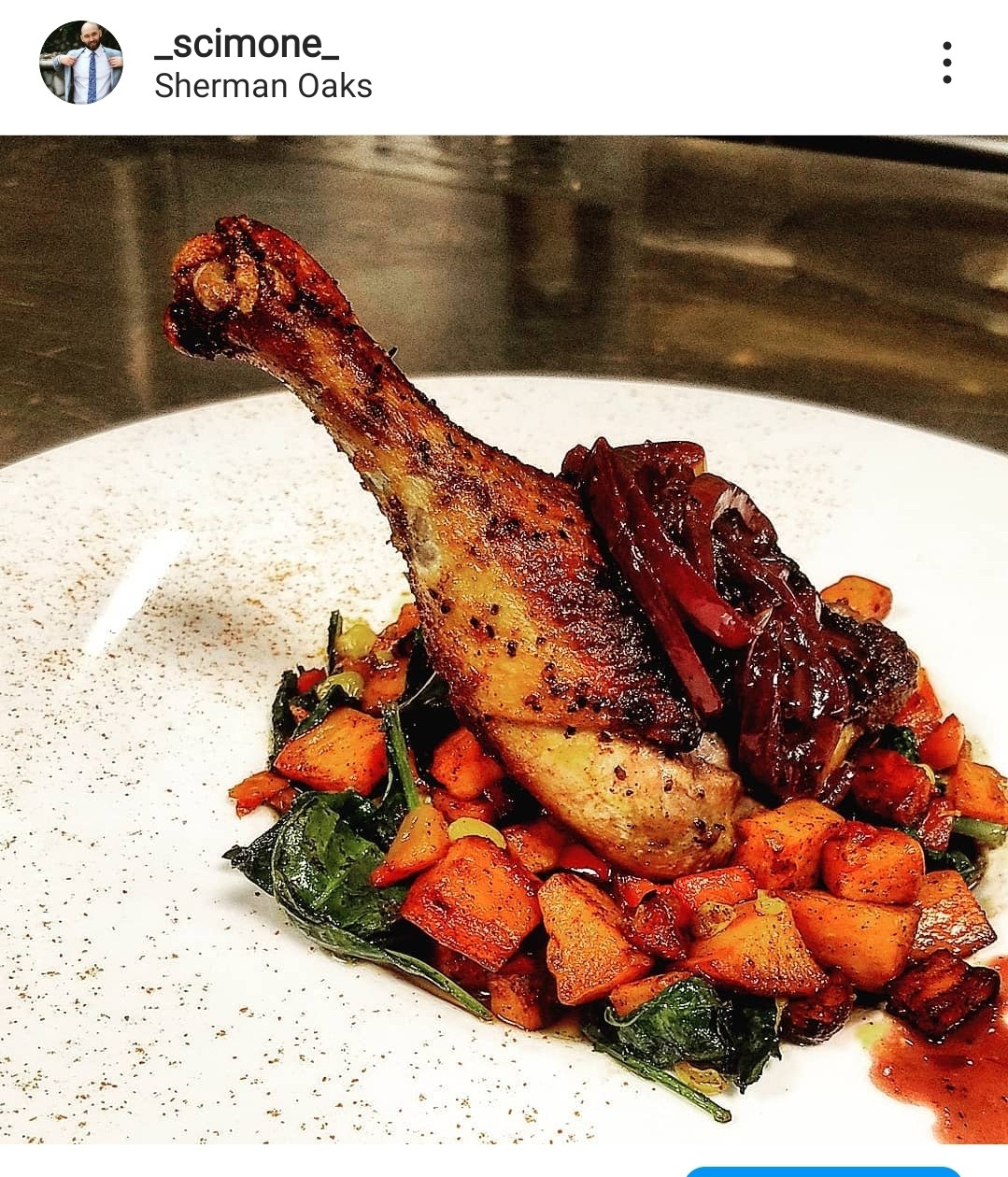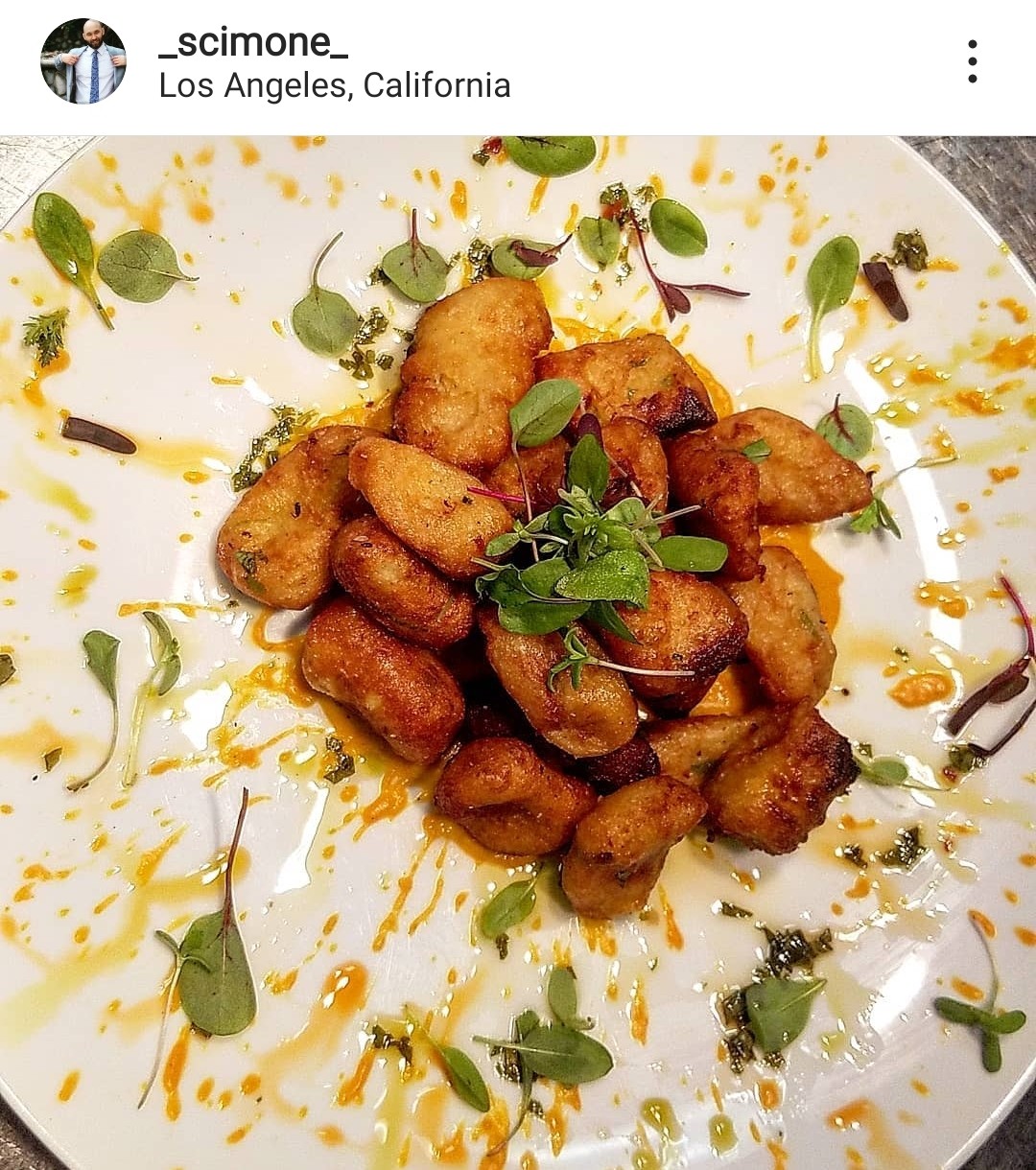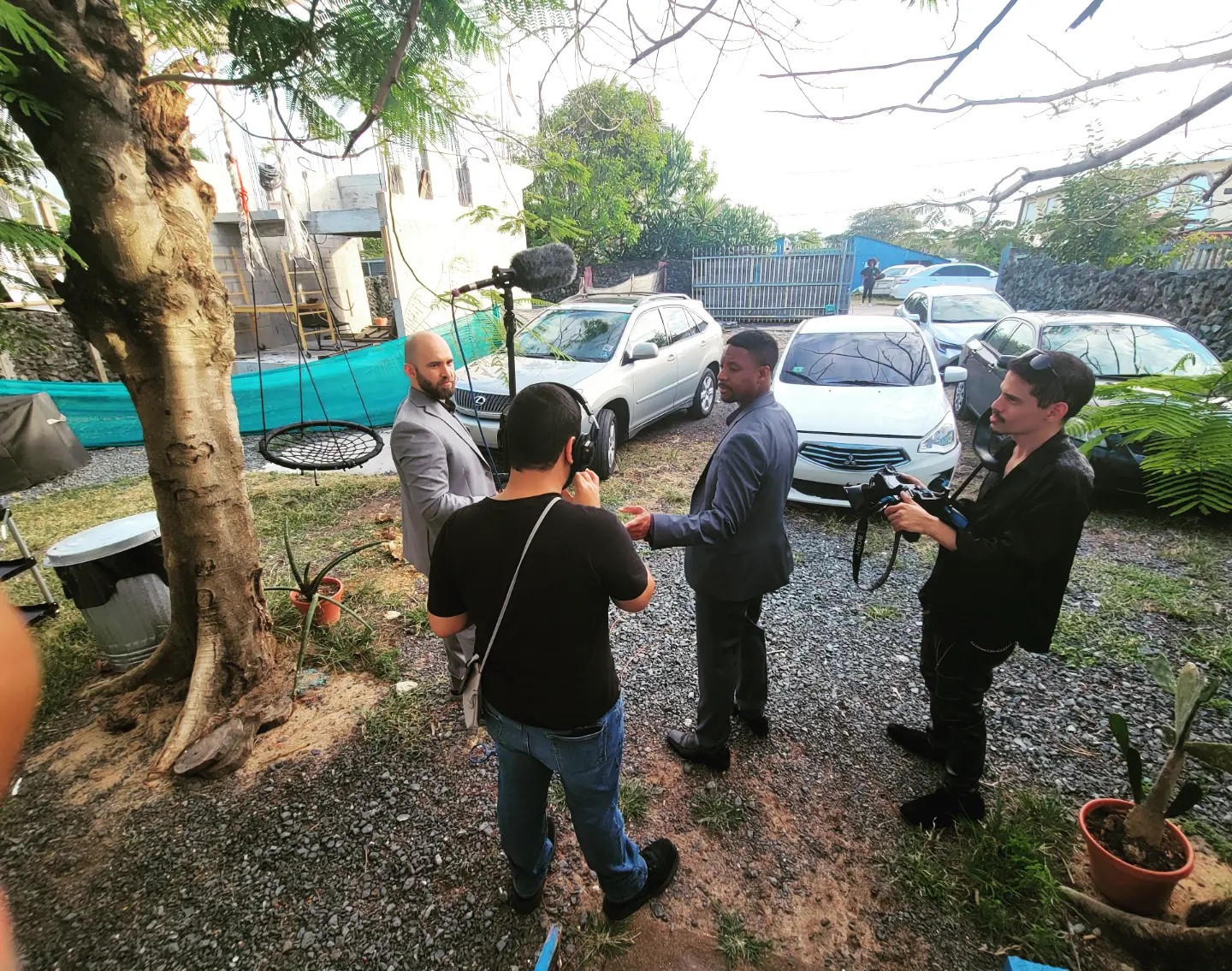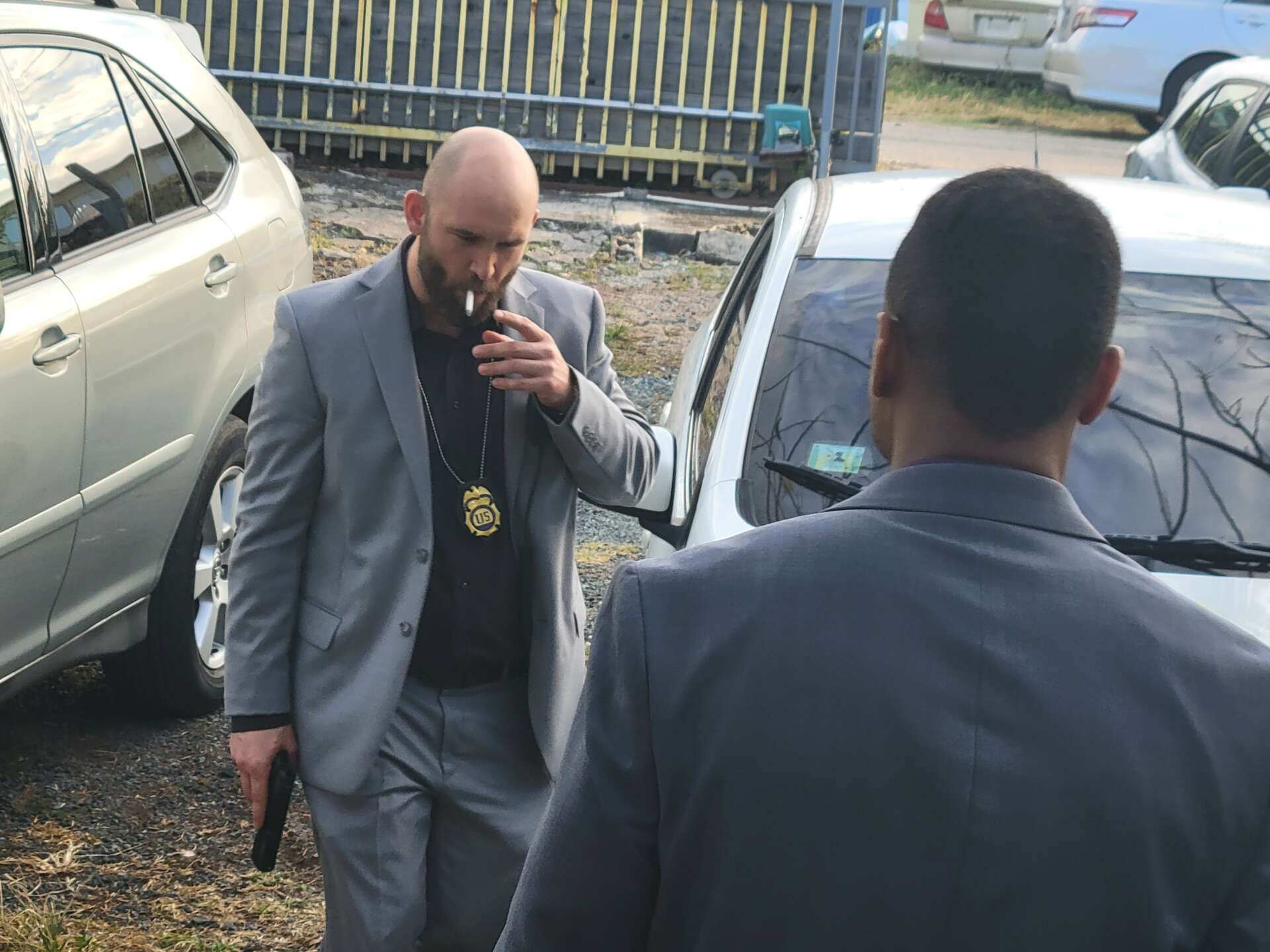Alright – so today we’ve got the honor of introducing you to Kyle J. Scimone. We think you’ll enjoy our conversation, we’ve shared it below.
Kyle J., thanks for joining us, excited to have you contributing your stories and insights. Can you talk to us about how you learned to do what you do?
I was fortunate enough to learn playwrights in theatre as a kid and took to that style instantly. Learning to write script takes much longer than someone would anticipate. Most professionals would agree it takes about 7 to 10 scripts to really find your voice. And, most scripts take about 3 to 6 months if you are taking it seriously. So simple math says it’s going to take someone almost 5 years of figuring out the basics before scratching the surface of industry standard.
Knowing what I know now, I would have put my work out there much earlier. I was definitely a reclusive artist for much of my life but everyone’s journey is different as well as their timeline. Sometimes our biggest obstacle is yourself. Don’t compare yourself to the next creative, we can all coexist.
Having confidence in what you do is so crucial. I stretched myself thin coming up and took every project possible. Now, I’m comfortable in my own skin as a filmmaker. By that I mean I’m okay giving a project to another writer who is a better fit or has knowledge on the subject.

Kyle J., love having you share your insights with us. Before we ask you more questions, maybe you can take a moment to introduce yourself to our readers who might have missed our earlier conversations?
As a screenwriter, I take the vision of the creator, often times the director, and build a tangible world based on our collaboration.
We build worlds and give characters credibility through personal experience that can be brought to life on screen. Every character, situation, scene, etc is drawn from some sort of real life experience. The authenticity of the story relies on the believability of the world built by collaborative effort. If the audience doesn’t relate, the story dies. I make sure that doesn’t happen.

How can we best help foster a strong, supportive environment for artists and creatives?
This is a very prevalent question with the WGA strike happening as we speak, and as an unsigned artist, it shows how little they value our contribution to the industry.
Writers are very underappreciated in the film industry but it’s not just cinema. Musicians, performance artist, painters, creatives as a whole have always had to do it for passion and for the love of making art. And somehow studios, record labels and everyone else NOT making art control the funding and the narrative for that matter. When artists obtain full control of their work, the creative ecosystem with thrive.

What’s the most rewarding aspect of being a creative in your experience?
Life as an artist is very fulfilling to me. I work as a Chef and it completely relates to my work as a writer.
In both, you have create freedom but there is a discipline involved that is not for the faint of heart. As a chef, you are constantly told your work quite literally sucks, or someone doesn’t like this, that, or the other. Perfection is of the upmost importance. You have to move fast, think faster, and manage multiple personalities throughout the course of a day. It’s very rewarding and writing a screenplay is the exact same thing.
An empty plate and a blank page are the same to me. Something has to go on it, and I want it to be my best.

Contact Info:
- Website: https://kjscimone.wixsite.com/scrittore?fbclid=PAAaaYc755KvmrCT5fybQrO4pYiV-eufniNaZ4BqsQX7wJdLo7NSYesxSqmXM
- Instagram: https://instagram.com/_scimone_?igshid=NGExMmI2YTkyZg==
- Linkedin: https://www.linkedin.com/in/kyle-j-scimone-728961138


